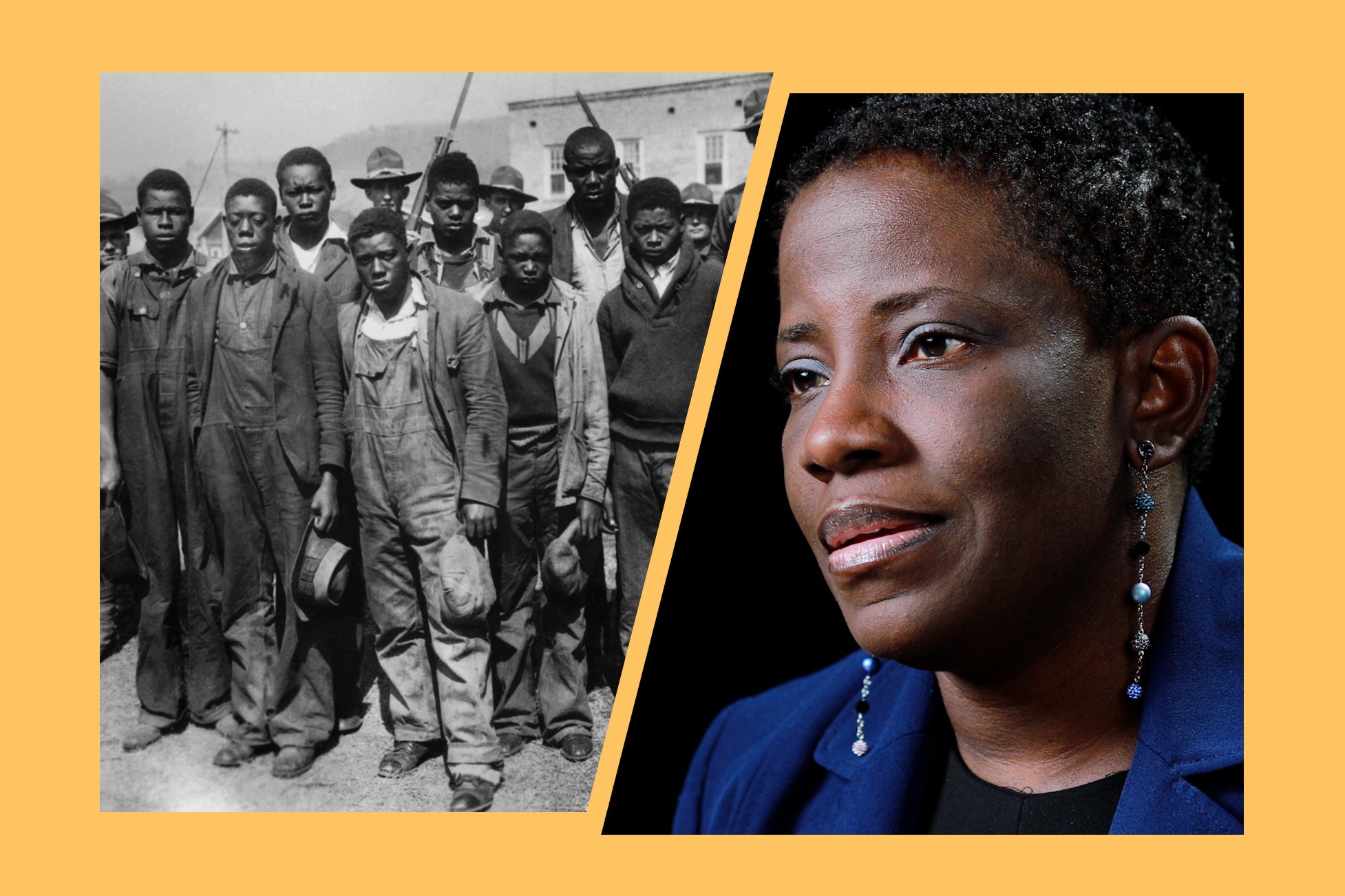In the first of the series, “Cases in Brief,” Harvard Law Professor Dehlia Umunna discusses the infamous “Scottsboro Boys” case, Powell v. Alabama (1932), in which the U.S. Supreme Court ruled for the first time that defendants in capital cases have the right to adequate legal counsel under the 14th Amendment, which grants all U.S. citizens “equal protection of the laws.”
The case involved a group of nine young Black men who were falsely accused of raping two white women aboard a train near Scottsboro, Alabama. Lacking adequate counsel, they were hastily tried and convicted — multiple times — by all-white juries, but the convictions were twice overturned by the Court. Here, Umunna, who is herself a former public defender, sheds light on the historical context surrounding the convictions, explains the constitutional underpinnings of the Supreme Court’s decisions, and highlights the continuing importance of having public defenders in the U.S. justice system.
